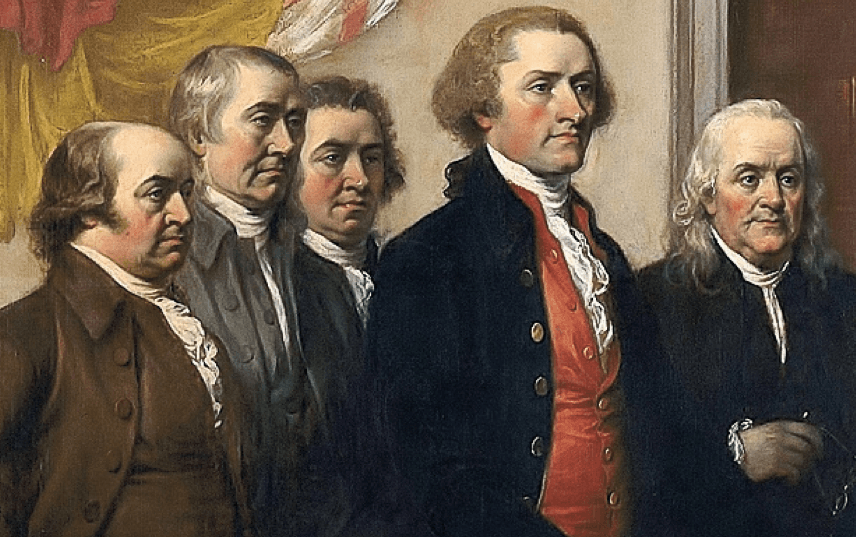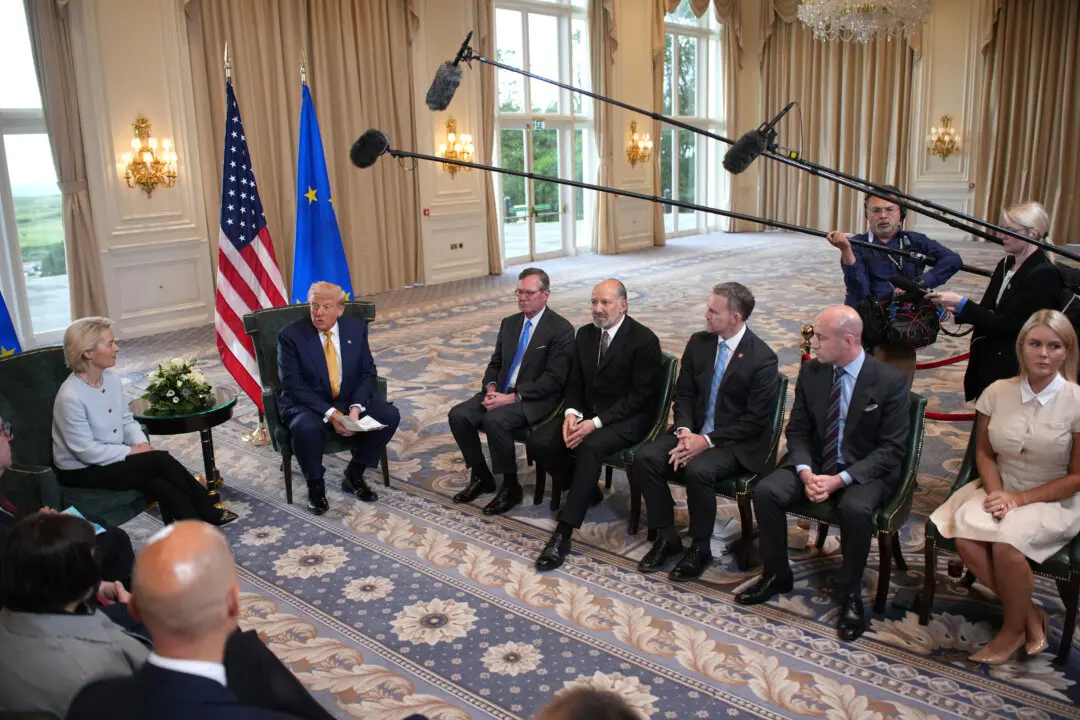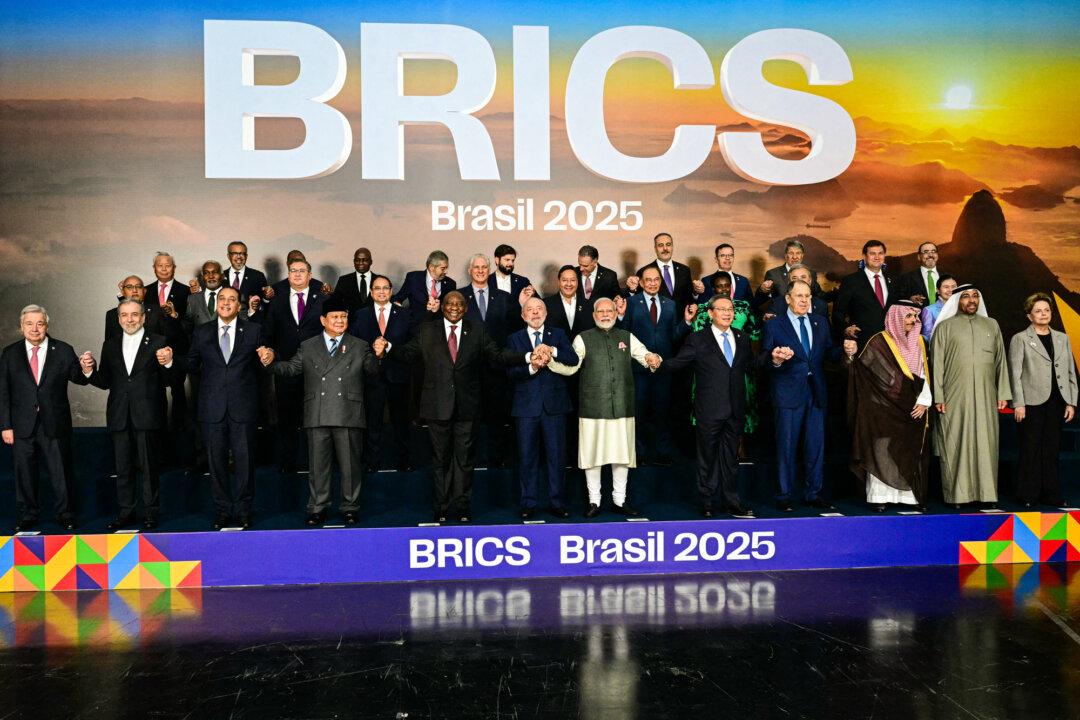One of the most inspirational and revolutionary documents ever written is the American Declaration of Independence. This great document isn’t read and studied as much today as it was in the past, but it should be. This single, relatively brief pronouncement captures and expresses the lofty ideals of America’s Founders as they set about laying the foundation for a new nation that would be different from any other before or since.
Even though the Declaration of Independence was written two hundred and forty-five years ago, it remains incredibly forward-thinking. In fact, there are many compelling reasons to assert that the Declaration of Independence is the most forward-looking document every written. It literally provides for and anticipates American society becoming better as it lives up to the ideals upon which the country was founded.






